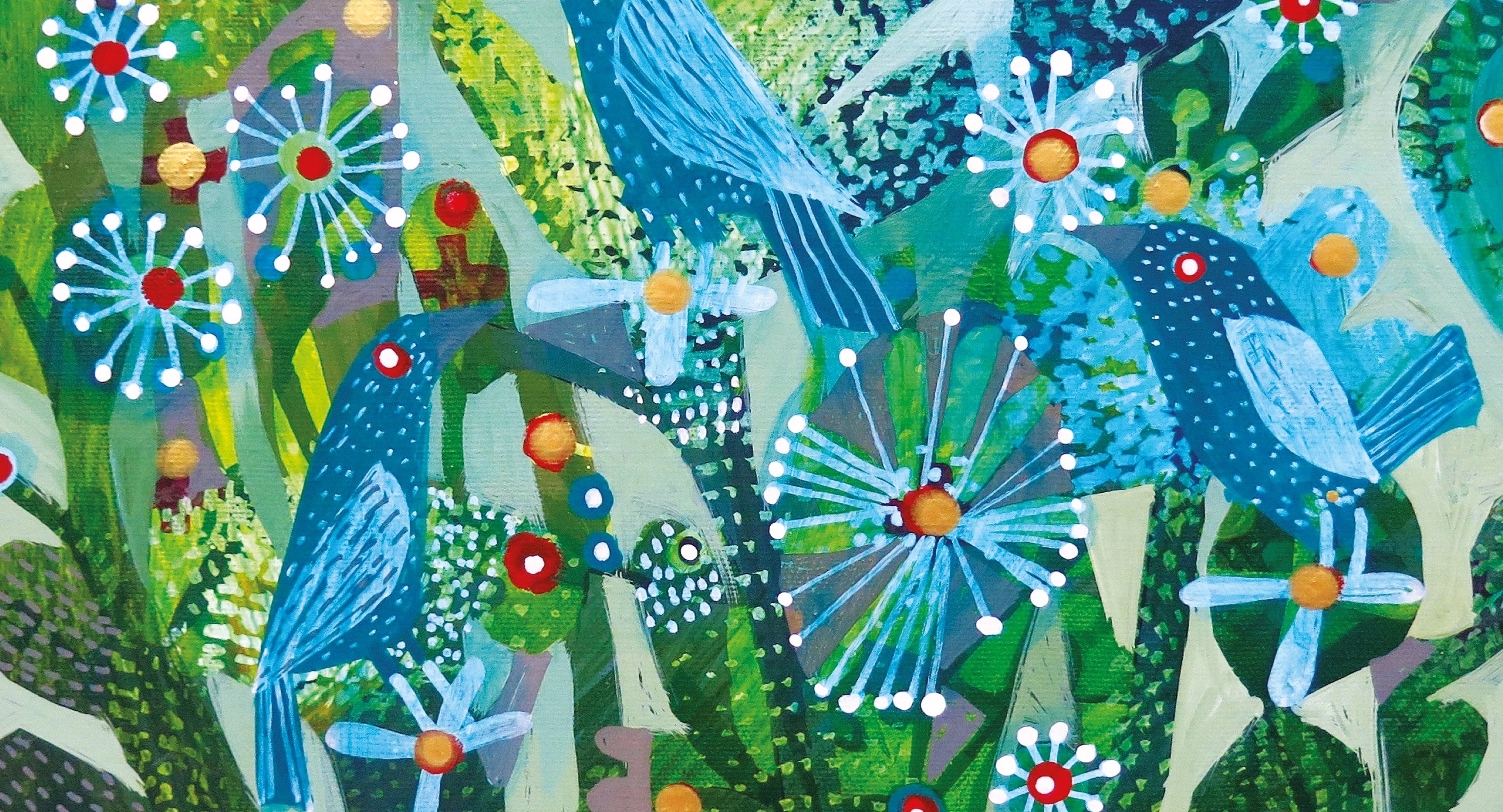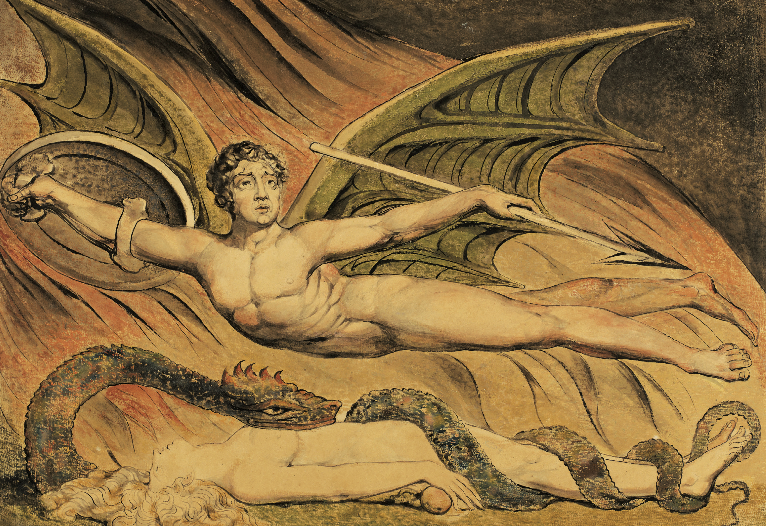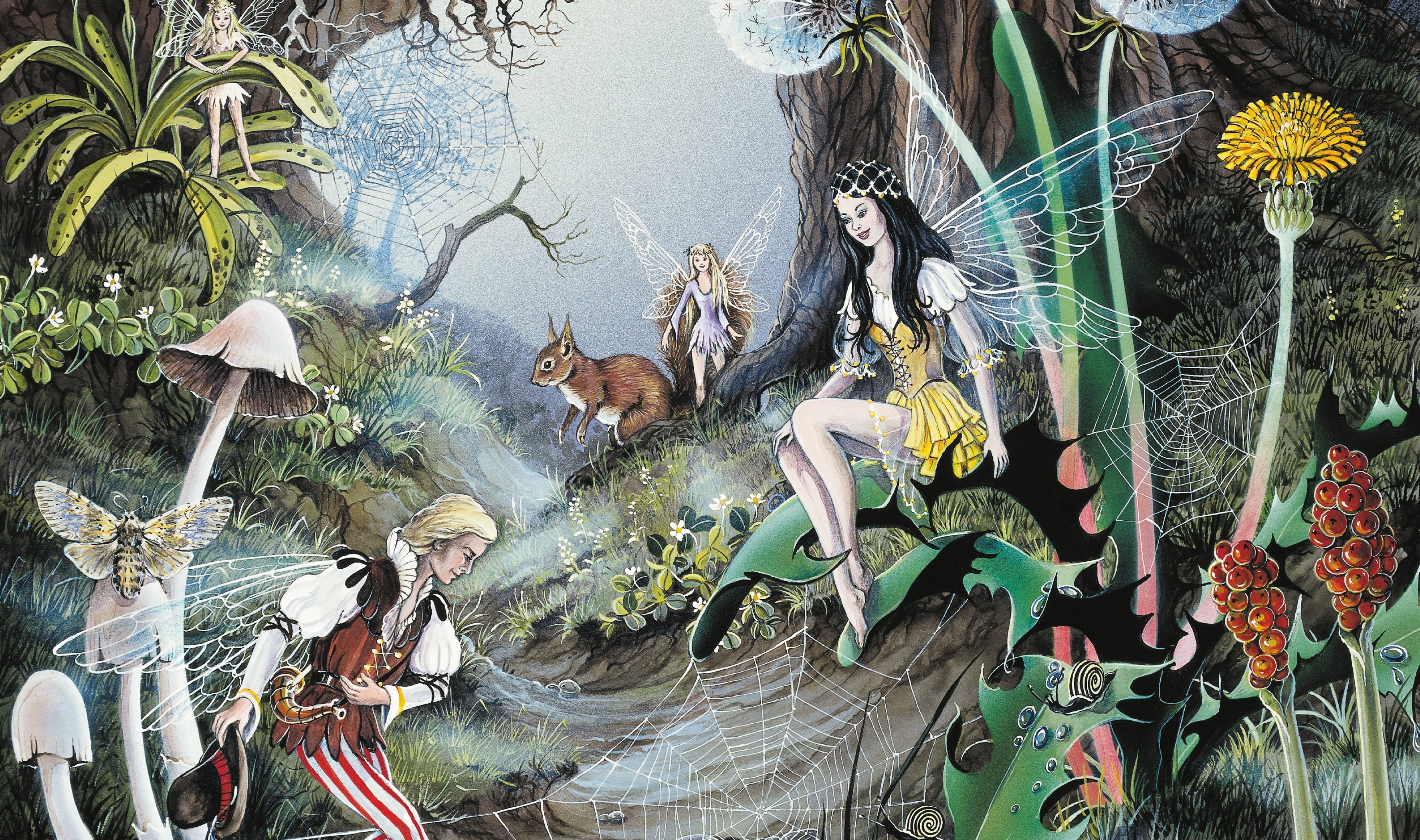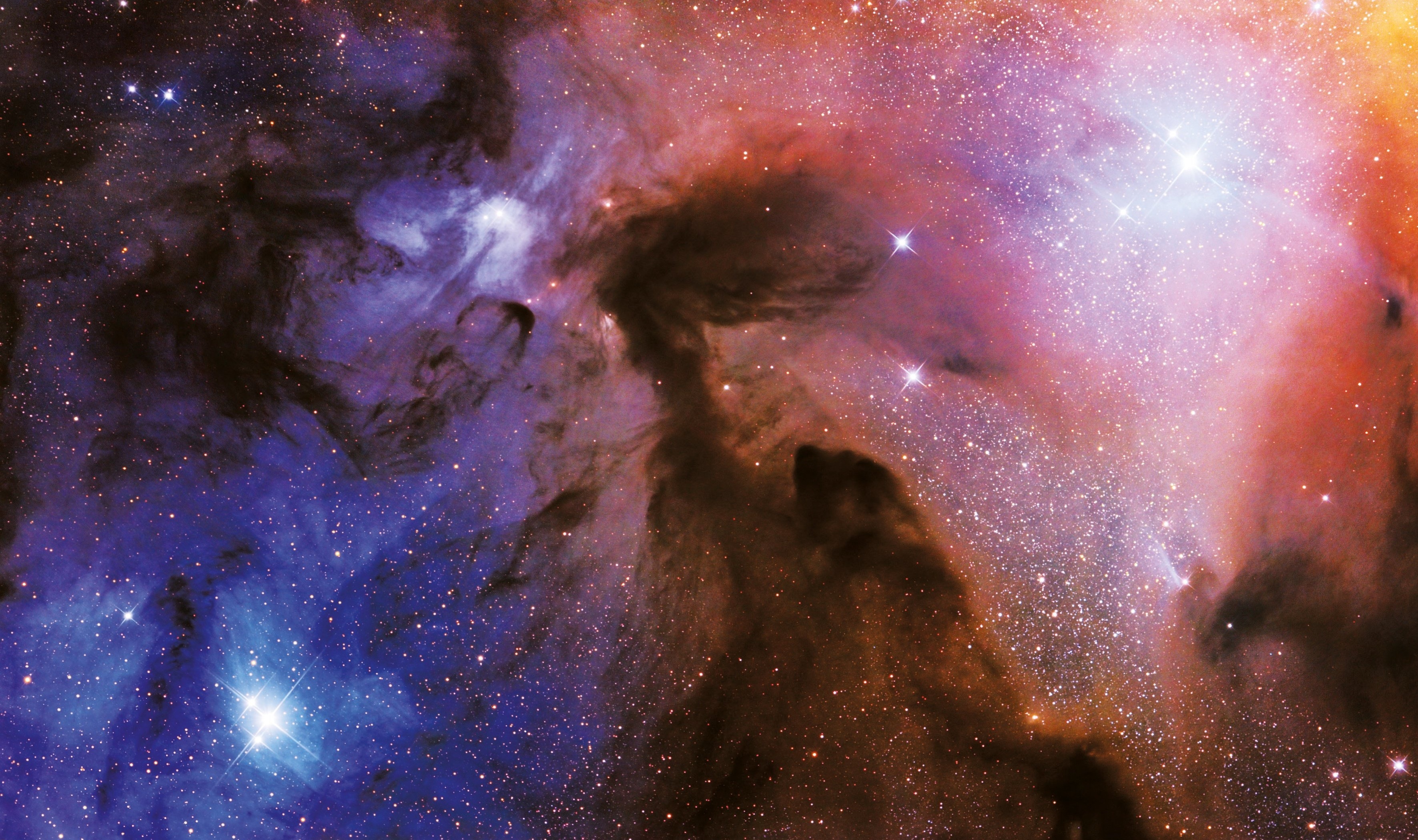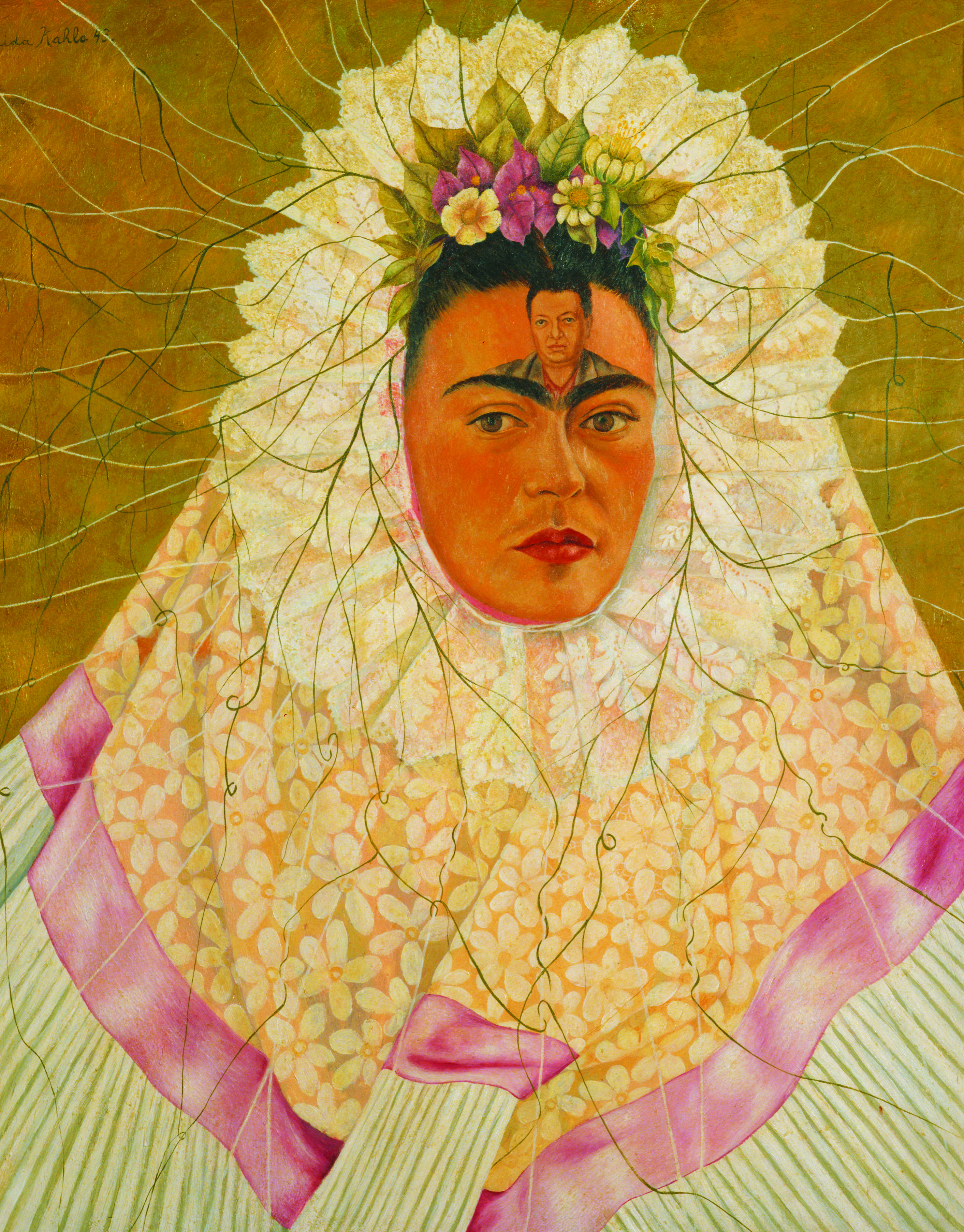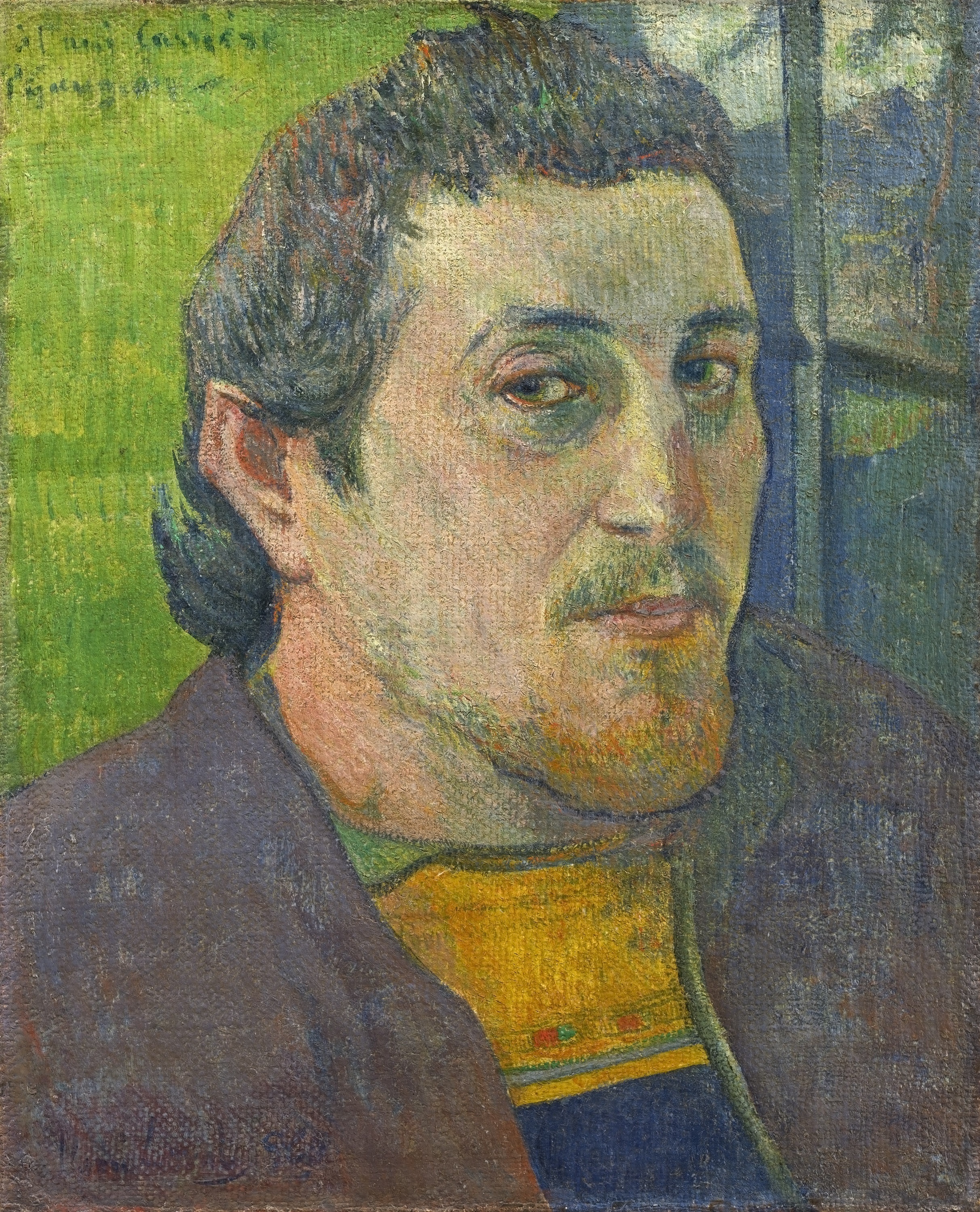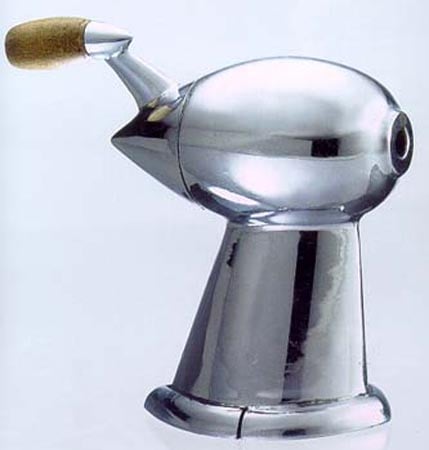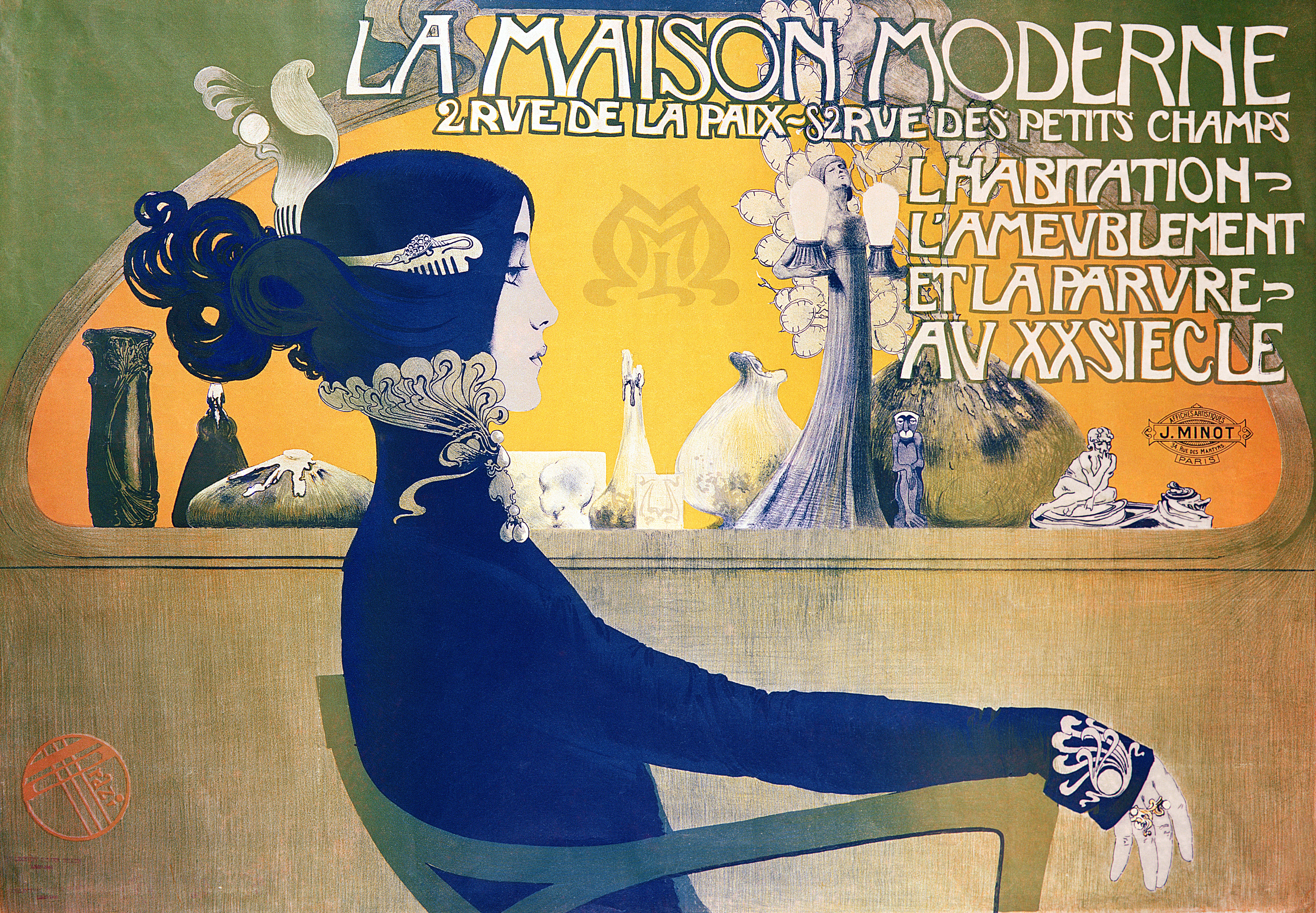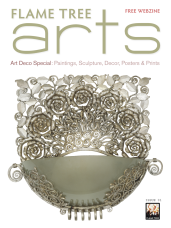Flowers are one of the most common subjects for art but because of this it takes something truly special to be noticed and remembered. Following on from our previous lists, Galleries & Museums and Gothic & Fantasy, in today's blog we're looking at the top 10 floral calendars for 2019.
Read More
Topics:
Flame Tree Calendars
William Blake (1757 – 1827) was an English printmaker, painter and poet. Since early childhood, Blake had wanted to be an artist. From the age of around ten years old, his parents enrolled him at Henry Pars’ Drawing School. While now considered a central figure in the history of English poetry and the Romantic movement, he was not hugely recognised during his life.
Read More
Topics:
William Blake,
Masterpieces of Art
With the end of the year fast approaching, we are returning with the Top 10 calendars series for 2019! This week we are taking a look at the range of gothic and fantasy art calendars. Be it sci-fi monsters or colourful unicorns, we have something up our sleeve for everyone.
Read More
Topics:
Flame Tree Calendars
Galleries and Museums hold great art and artefacts and this often means they make great subjects for calendars. From renaissance paintings to out of this world photography (literally!), museums and galleries are full of beautiful subjects for calendars. Take a look at ten of our most popular ones for 2019!
Read More
Topics:
Flame Tree Calendars
One of only 35 girls to join some 2,000 boys at the national prep school in Mexico City, Frida Kahlo had dreams of becoming a doctor. In 1922, while at this school, Frida would come across a rather rotund painter doing some work in the school’s auditorium. Diego Rivera recounts, in his autobiography, remembering this young girl teasing him while he worked until she stopped and just watched.
Read More
Topics:
Masterpieces of Art,
frida kahlo,
diego rivera
Paul Gauguin (1848–1903) was born to Clovis Gauguin (1814–51) and Alina Maria Chazal (1825–67) inParis. A man driven by his own desire above anything else, Gauguin is a celebrated artist with a story that now warrants people questioning his work. He would come to be defined by his travels and work in what he termed ‘primitive’ cultures, but from an early age this travelling was a central part of his life.
Read More
Topics:
Masterpieces of Art,
Impressionism,
paul gauguin,
gauguin
Heath Robinson is a name synonymous with humorously complicated machines and inventions. Similar to the American Rube Goldberg, Robinson’s name became shorthand for these bizarre contraptions but differing in that they were generally not single use inventions like Goldberg’s. While these were central to his fame and success they were not the only illustrations he did and we thought we should take a look at some of his other beautiful work.
Read More
Topics:
Masterpieces of Art,
heath robinson,
the many facets of...
The Art Deco movement came to fruition in the early 1900s. In 1925 the Exposition Internationale, which focused on Art Deco design then called Moderne, opened for a six-month run that garnered over sixteen million visitors. The United States did not exhibit at the show because, according to then-Secretary of Commerce Herbert Hoover (1874–1964), they did not have a sufficient collection of modern products to display. The United States did, however, attend the show. They sent over eighty delegates who were captivated by the designs they saw. It fell in sync with American optimism and American wealth and would come to heavily shape the style we now associate with classic Americana. They didn’t just replicate the art deco style but developed it in to something that was specific to American design.
Read More
Topics:
Art Deco,
Masterpieces of Art,
raymond loewy
Egon Schiele (1890-1918) made no attempt to hide his desire to befriend Gustav Klimt (1862-1918). His admiration for Klimt, the star of the Viennese art circle, grew from his domination of the avant garde art scene in the early 20th century. In 1907 he became determined to meet Klimt. He had heard that Klimt had his own admiration for those who sought to be successful.
Read More
Topics:
Masterpieces of Art,
Modern Art,
art,
egon schiele
The Culture Shock that was Art Nouveau
To understand Art Nouveau you first have to understand the ground it grew out of. The cultural and political shock of the French Revolution had left deep wounds throughout Europe and caused artists to resort to traditional art styles. In these traditions there was a familiarity, recognisability and in some sense a safety. With the advent of Gothic Revival, in England, and Neoclassical, Neo Renaissance and Neo Baroque styles emerging across Europe there was a clear demand for visual art that harkened back to past eras.
Read More
Topics:
Art Nouveau,
art,
blog

